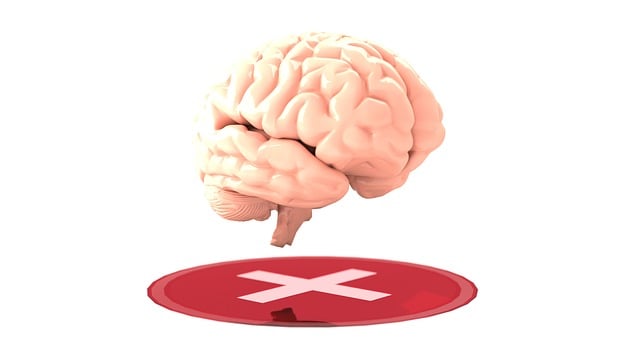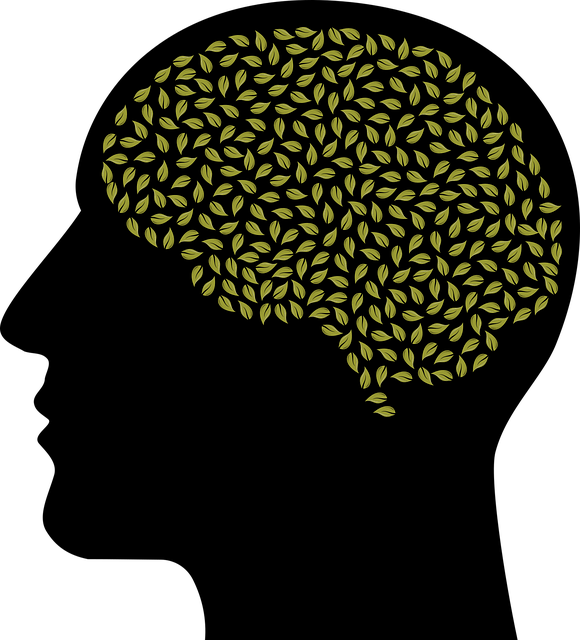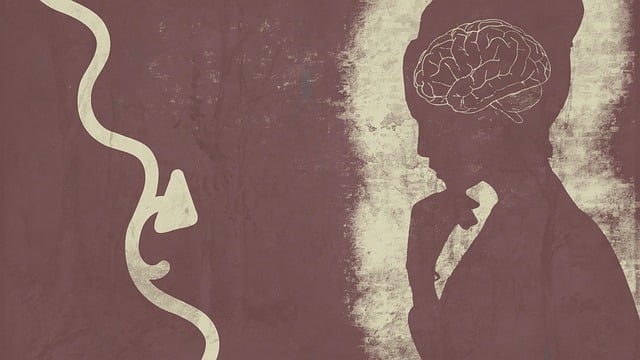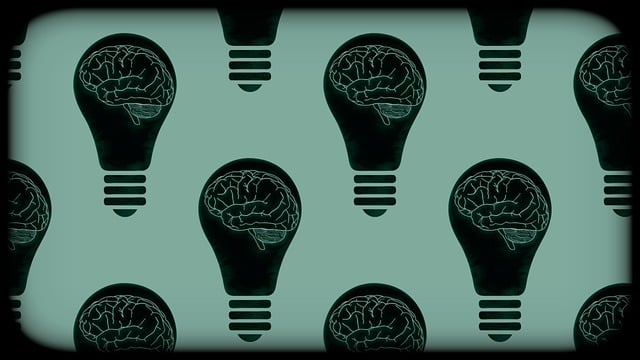In today's diverse society, mental health professionals must embrace cultural sensitivity to provide effective therapy for adults and mental health evaluations. This involves understanding clients' unique cultural beliefs and values through thorough assessments, active listening, and open dialogue. By creating safe spaces and incorporating cultural elements into treatment, therapists enhance emotional well-being promotion techniques and build stronger therapeutic alliances. This culturally competent approach leads to improved outcomes and ensures tailored support for all adults, regardless of their background.
In today’s diverse society, cultural sensitivity is paramount in mental healthcare practice. Understanding and appreciating cultural diversity enhances therapy outcomes for adults undergoing mental health evaluations. This article explores key aspects of cultural sensitivity, offering insights into how therapists can create inclusive environments that foster trust and understanding. We delve into strategies for culturally sensitive therapy sessions and highlight the significant impact of cultural competency on adult mental health assessments, ensuring equitable care for all.
- Understanding Cultural Diversity in Mental Healthcare
- Strategies for Culturally Sensitive Therapy Sessions
- The Impact of Cultural Competency in Adult Mental Health Evaluations
Understanding Cultural Diversity in Mental Healthcare

In the realm of mental healthcare, recognizing and embracing cultural diversity is paramount. Our society is increasingly multicultural, with individuals from various ethnic, racial, religious, and socio-economic backgrounds seeking therapy for adults with mental health issues. This shift demands that mental health professionals adapt their practices to provide culturally sensitive care. Understanding cultural nuances is crucial for effective mental health evaluations, ensuring that treatments are not only therapeutic but also respectful of each client’s unique background.
Cultural sensitivity involves recognizing that different communities may have distinct beliefs and values related to mental wellness, including depression prevention and confidence boosting. For instance, some cultures may view mental illness through a lens of spiritual or familial dynamics, while others prioritize individual experiences. A mental wellness podcast series production can be an excellent tool for professionals to stay informed about these cultural perspectives, enabling them to tailor their approach for better patient outcomes.
Strategies for Culturally Sensitive Therapy Sessions

In culturally sensitive therapy sessions, therapists must first educate themselves about their client’s cultural background and values. This involves exploring and understanding the client’s language, customs, beliefs, and any potential barriers to open communication. Therapists can achieve this through thorough mental health evaluations, seeking clients’ input, and actively listening for nuances in their stories. By fostering a safe and non-judgmental space, therapists encourage clients to share their experiences freely, which is crucial for effective therapy.
Additionally, incorporating cultural elements into the therapeutic process can enhance emotional well-being promotion techniques. This may include using culturally relevant examples, inviting clients to share traditional coping mechanisms, or adapting crisis intervention guidance to align with their values. Cultural sensitivity in mental healthcare practice not only improves the quality of care but also ensures that clients receive support tailored to their unique needs, ultimately fostering better outcomes and stronger therapeutic alliances.
The Impact of Cultural Competency in Adult Mental Health Evaluations

In the realm of adult mental health evaluations, cultural sensitivity is a game-changer that can significantly impact treatment outcomes. The ability to navigate and understand diverse cultural contexts ensures that therapy for adults’ mental health issues is tailored to meet their unique needs. Cultural competency goes beyond basic awareness; it involves recognizing and appreciating the intricate interplay between culture, identity, and mental well-being. This approach fosters a safe and supportive environment, encouraging individuals from various backgrounds to openly discuss their struggles.
For instance, when assessing an individual from a different cultural group, a therapist with high cultural sensitivity might employ techniques like incorporating the patient’s native language or seeking input from community leaders. This strategy not only enhances communication but also provides valuable insights into the person’s life experiences and coping mechanisms. As a result, evaluations become more comprehensive, enabling the implementation of effective interventions such as stress management strategies, social skills training, or applying mind over matter principles to address specific cultural barriers and promote holistic healing.
Cultural sensitivity is a cornerstone of effective therapy for adults with mental health evaluations. By understanding and incorporating cultural diversity into mental healthcare practices, we can create more inclusive and accessible services that resonate with individuals from various backgrounds. The strategies outlined in this article serve as practical guides to navigating these complex issues, ultimately enhancing the quality of care provided and fostering better outcomes for all clients. In a world where cultural competency is increasingly vital, recognizing and respecting diverse perspectives ensures mental health professionals can offer truly compassionate and tailored support.








